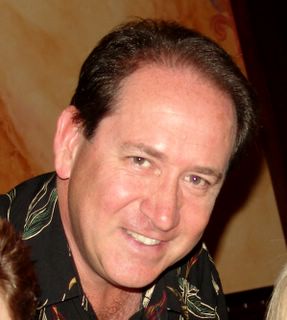A Renegade from Roots
Last week I had lunch in Boston for the first time since I left 30 years ago. I was having one of those political discussions with my 23 year old nephew where everyone agrees about the issues and values, and everyone is arguing about the details and methodology. This young man is brilliant, a recent graduate of Brown, and 4 years ago in high school he wrote what I consider to be a defining treatise on the back ground, development, and deployment of the Patriot Act, which essay is perpetually clickable on the left side of this blog.
I mentioned that my friend, Chris Dickey, was in the southern US preparing a piece on the South and the upcoming elections for his venue, Newsweek Magazine. My nephew proceeded to explain to me how bigoted and racist all those southern rednecks are, and how bad the whole business is compared to us sophisticated and tolerant native northerners.
Au contraire, my dear nephew--people are the same everywhere, specifically in regards to human nature, which based on the term itself assumes a rhetorical universality. I decided that a personal story of my last residence in Boston would best prove my point. I worked selling yearbook portrait contracts for high schools, and during that time, a court ruling ordered that a certain percentage of students in schools had to be white and African American. So one day, a program began of busing students from one area of the city to another in order to get the percentages right.
The day Boston school-busing integration began, I went to Charlestown High School, which is situated next to Bunker Hill, on top of which stands a huge obelisk similar to the Washington Monument in our capitol, in commemoration of the battle of Bunker Hill during the Revolutionary War. Even though the British won that battle, the cry of colonial patriotism that rang from that event was used in propaganda of the day to light the fire against the British and keep the cause of independence alive. Reminds you of that document with the words, "All men are created equal..."
As I parked my car on the incline and got ready to make my familiar trek into the hallowed hallways of this aging edifice--my company already had the contract for this school's business so I visited there often--I noticed some very unfamiliar trappings. There were overtly obvious police snipers lying in prone positions with rifles armed at the shoulder on the rooftop of the building, and instead of walking directly into the entrance, I had to stop and go through an airport-style archway of metal detector. There had been threats of violence and at least knife-wielding students, due to the disagreement with the court-ordered busing for integration purposes.
Later that day, I also had to be detoured in my car because police were setting up a tear-gas barrier at another intersection across town, where other unhappy and protesting Bostonians were expressing their opinions against integration.
Southern rednecks got nothing on north easterners when it comes to making your feelings known about whites and blacks being schooled side by side. That's the story I told my nephew, and even though it happened 30 years ago, I know not much has changed because I hear the degrading terms and tones used in daily conversation toward all sorts of ehtnic and national groups by all sorts of other groups, no matter where I go in our great land. I wrote a book about racism in America several years ago, which hasn't been published yet, but the title is the message about human nature and the issue: "Pardon My Prejudice -- America's Excuse for Bigotry."
Meanwhile, Chris's article is the cover story in this week's Newsweek, and Editor John Meecham eloquently expressed what to me is the cornerstone of Chris's in-depth interviews and experiences while he combed the route of Sherman's Civil-War march to the sea:
"The American South, to borrow a phrase from the caricature cupboard, just ain't that different anymore. It was once, but the Civil War is the exception that proves the rule that the South tends not to contradict but to exemplify, if sometimes in an exaggerated way, what much of the nation thinks and feels. Understanding America's politics, then, requires understanding the South's..."
As I wrote to my friend, Chris, I will state here--every school child in this country should read his article. And as for me, as a student of people and history and politics, I'm really glad I did!

No comments:
Post a Comment
Comments signed Anonymous will not be published.